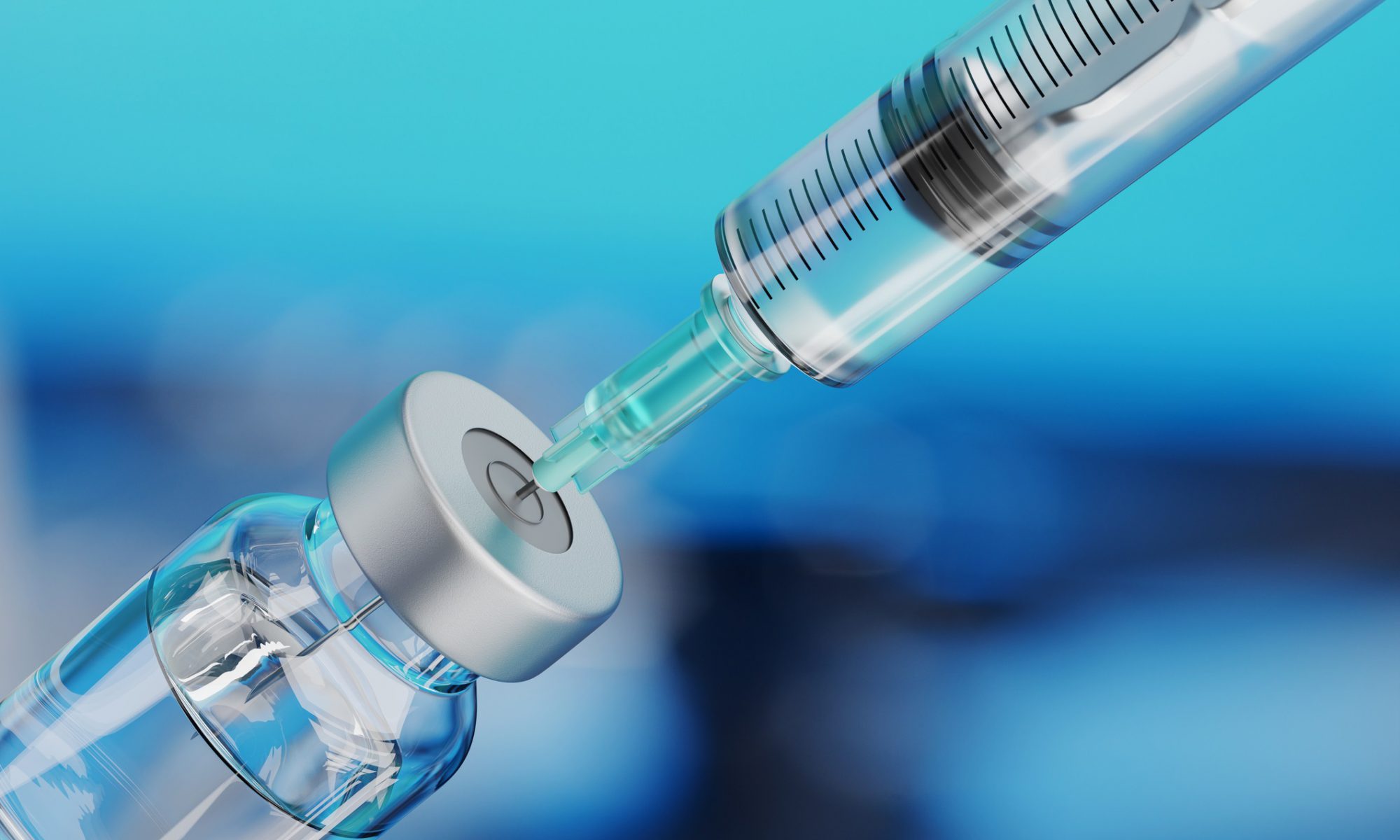By Caitlyn Stulpin
The incidence of myocarditis/pericarditis among veterans was low across more than 10 million doses of messenger RNA COVID-19 vaccines, given as a primary or booster dose, administered at the Veterans Health Administration, researchers found.
“We conducted this study because we were interested in estimating the incidence rate of myocarditis, pericarditis and myopericarditis following a COVID-19 mRNA vaccine across the Veterans Health Administration (VHA),” Jing Luo, MD, MPH, assistant professor of medicine at the University of Pittsburgh School of Medicine, told Healio. Read more in Healio.
